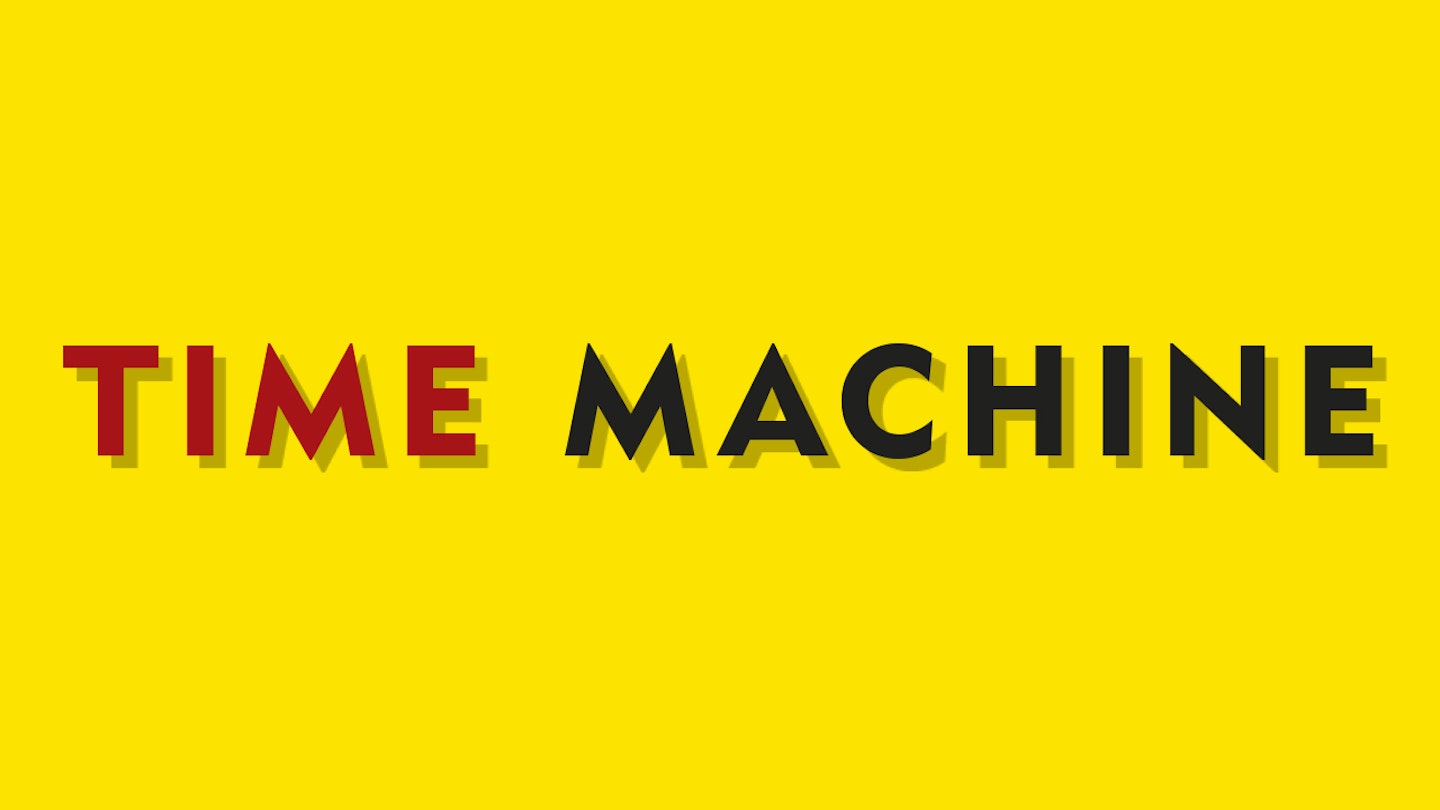11 January, 1984
There was a school of thought that attributed the name of Liverpudlian pop perversionists Frankie Goes To Hollywood to an old newspaper headline regarding crooner Frankie Vaughan. It made sense. The high-kicking Vaughan was a Scouser who contributed much to the well-being of Liverpool’s boys’ clubs, and had achieved world fame when being whisked off to Tinseltown to co-star in a film with Marilyn Monroe.
Holly Johnson, born in Wavertree, not far from Frankie’s Devon Street home, was also to find spectacular, transformative success. Christened plain William Johnson, he switched identity following fascination with Holly Woodlawn, a Warhol star and the subject of Lou Reed’s Walk On The Wild Side. The FGTH singer was always ever-ready to spice up a history, even informing one interviewer that he’d been born in Khartoum, The Sudan, a tale that has since ruined many a game of Trivial Pursuits.
But, following a fracas caused by Relax, FGTH’s debut release on the ZTT label, the former Big In Japan vocalist no longer needed any such Walter Mitty-like pretensions.
According to Holly Johnson, it was DJ Mike Read’s producer who, on January 11, 1984, initially caused all the brouhaha by phoning Read and instructing him to pull the Frankies’ record release from his breakfast show playlist, an action that resulted in the BBC implementing a complete ban on Relax.
"Cheap, disgusting and very childish."
Boy george
Mike Read offers an alternate view. “I think the ban came as a result of several factors coming together,” he opines. “I was doing the chart rundown on the Breakfast Show - we always did a truncated version on a Wednesday - and had to try and squeeze four records into a very short time before the news. The only copy of Relax in the studio was a 12-inch, so if one was going to be dropped out of the top four then that was it. Adrian John, who did the programme before me, was the only other person in the studio - despite the world and his wife claiming to have been there! - and it was Adrian who pointed out a simulated phallus plus few choice words - which underlined the decision to drop it.
Meantime Paul Williams my producer (had found his two daughters at home re-running the edgier bits of the video. In tandem with this, as the-then face of Children's TV, our editor on Saturday Superstore, Chris Bellinger, had also seen the video and decided that we should distance ourselves from it. But there was no ‘smashing the record against the wall,’ or ‘angry outbursts’ that have been belatedly attributed to that morning.”
There were those who applauded the Beeb’s decision – Billy Bragg was one, but he later quipped he only said it to get on Saturday Superstore. Boy George was more vehement, claiming that Bernard Rose’s video for the single was “Cheap, disgusting and very childish.” The orgiastic clip, set in a gay leather bar, saw a girl being shut in an iron maiden and Johnson tied to a wagon wheel and seemingly urinated on by a corpulent Nero. It failed to influence many friends in the right places, and the group would make another, “clean” performance video for TV consumption.
Thankfully for FGTH, the ban, as such bans often do, resulted in a riot of publicity that ensured hit status for the controversial combo. By January 28, it was top of the UK charts and well on its way to spending 48 consecutive weeks in those selfsame listings. Unsurprisingly, Dave Robinson, then boss of ZTT distributors Island Records, chortled: “The record has risen to its rightful place, the best record in Britain in 1984. We thank Radio One and BBC-TV for their help.”
Certainly the Beeb had been tardy with regard to Relax. The single had been released way back in November and FGTH had even appeared on Top Of The Pops without complaint before BBC Controller Derek Chinnery discovered that the lyric included suggestive words as “suck” and “come”, which he proclaimed was proof of its rudeness. One columnist observed that the last time Top Of The Pops had taken exception to a top chart hit was in 1969, when they’d sidestepped the breathy fruitiness of Serge Gainsbourg and Jane Birkin’s Je T’aime… Moi Non Plus by playing only an instrumental version.
Today, Mike Read looks back over the furore and laughs. “There were certainly no hard feelings anywhere. I did the voice over for the band’s album (advertisements) and we played all their subsequent singles on TV and radio… I have played it (Relax) countless times on the radio since!”
